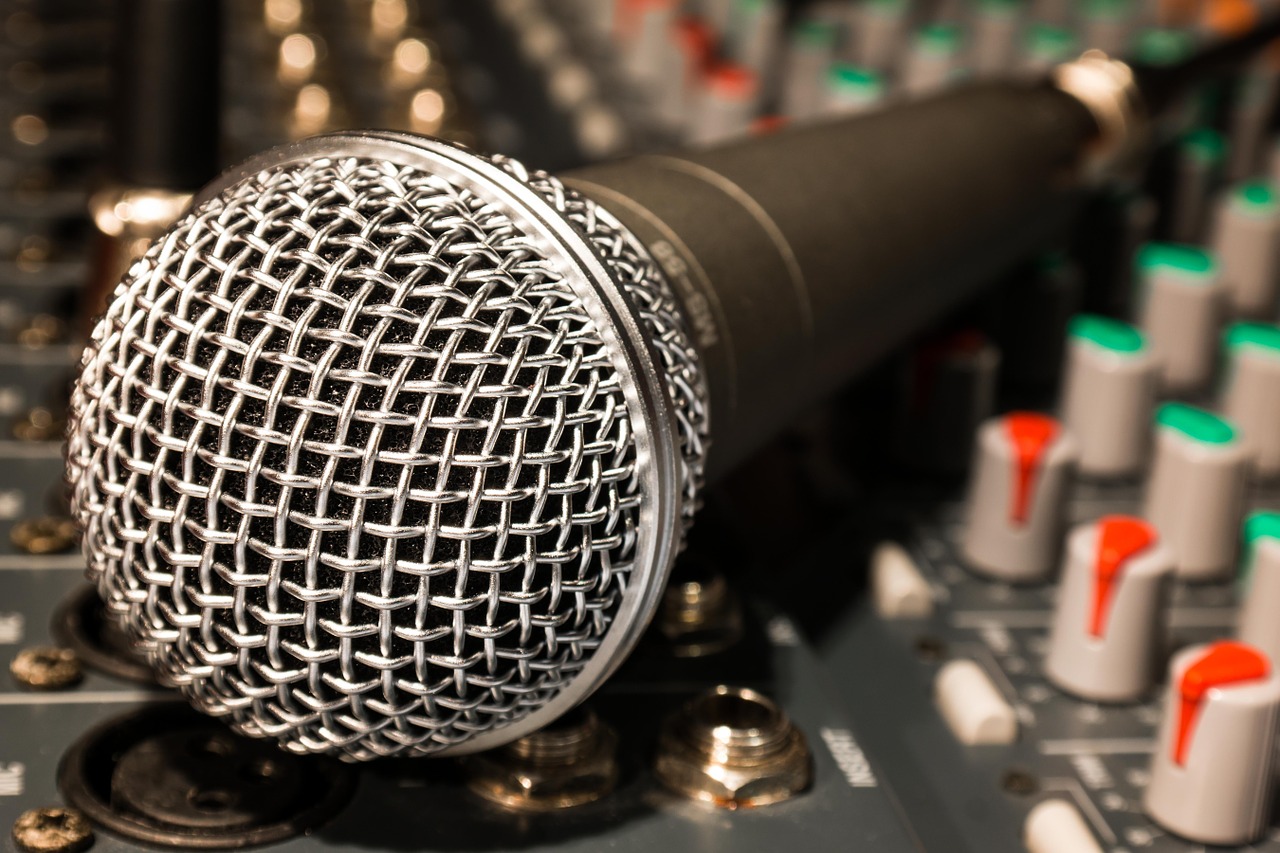
How to maximize the use of your time in the studio
Many of us in our youth may have had unrealistic dreams and ambitions of becoming that next musical hit sensation, of getting up on stage and belting out all that you have to your many adoring fans. Well what you may be surprised to find is that your dream was actually shared by countless youths all wanting to be the next Bowie. But as you get older, the realism of life and realizing that you ambitions of a professional career in music is probably more of a fantasy than a viable career opportunity. However some people’s drive and determination is so strong that they not only push on for their dream, but they also actively take steps to push their career into the next stage, and much of this work is done in a recording studio.
While when doing local gigs and merely practicing your music and understanding of recording equipment, your average PC setup will suffice, when you are thinking of approaching absolutely anybody in the music industry it’s vital that you ensure the recordings that you make are of the highest professional quality and are mastered as such. There are two reasons for this, firstly, these people are inundated with potential artists and mixtape that come through the mail, if yours sounds exactly the same as the others and in lower quality recording than they expect and it will be tossed aside. Secondly it shows that you are serious about not only being a musician but a businessman and paying your own money for the highest quality recordings shows that you are serious about the “product” that you sell. But how do you use this expensive and often times, hard to come by opportunity most effectively? Here are a few pointers on exactly how to do that.
Have a clear goal 
It’s all very well and good that you’re excited to be standing in a professional music studio. This is after all, most likely the first time that you actually felt something akin to what a real musician must feel like and it’s naturally going to be a thrill for you. However do keep remembering that you are playing in excess of $85+ for the privilege of being there and that is at the lower end of the spectrum. So it’s important that you use this time to actually make music and not just to swagger around pretending that you have already made it. So before you even set foot in the studio, you best be whipping out a pen and paper to write down exactly how much time you have and what needs to get done and then dividing that time between the most important tasks.
For example, you need to all be ready to set up and play within around 5/10 minutes maybe slightly more if your ensemble has a drummer, the sound engineer will then advise on individual or group setups and then it’s really down to you to decide what you need to get on with. So rather than turning up and tuning your instrument, do it before you come and focus more on recording those 6 new tracks that you composer sat up all night writing. This is not the place to practice new music however, that should be done before you arrive at the studio and you should only be recording songs that you are 100% familiar with.
The sound engineer
Your engineer is the one who will be advising and directing you on the individual aspects of each recording, they are also the ones who will be operating practically all of the equipment in the studio (bar your instruments naturally) and they are not only fonts of technical equipment based knowledge, but generally an experienced sound engineer will have worked in all corners of the industry with some of the top artists in their respective genres. If you have the opportunity and they take a liking to you, they could potentially let you in on some secrets or stories that could help you in the future.
This is however a double edged sword and you want to ensure that you do not distract him too heavily from the task at hand to ensure your recording stays solid. Thanks for taking the time to read this article, please click on the following link for more information on different recording studios in Perth.
